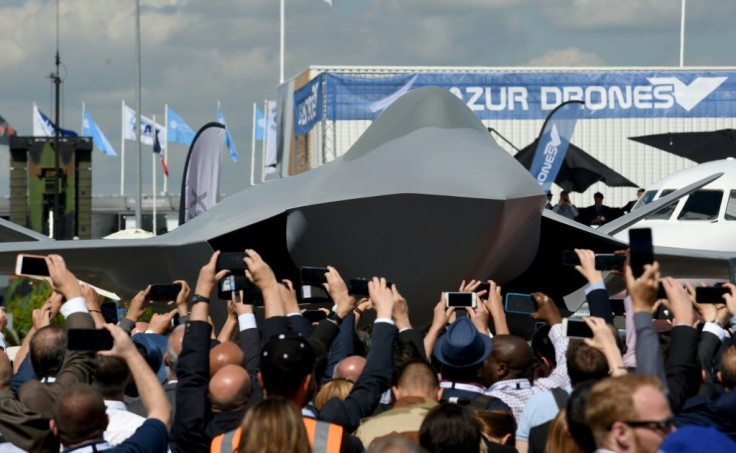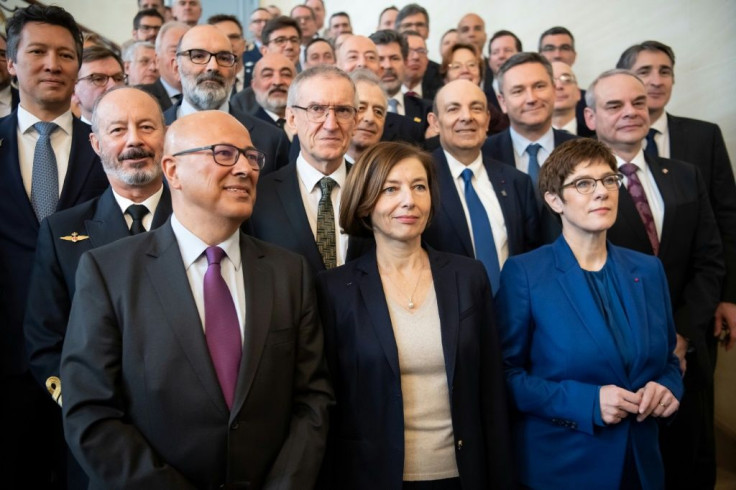France, Germany Sign Prototype Contract For Future Fighter Jet

France and Germany on Thursday gave the green light for building a prototype of Europe's next-generation fighter jet, effectively launching a project long held up by disputes over how the industrial work would be divvied up.
The Future Combat Air System "illustrates our determination and our ambition for European defence," French defence minister Florence Parly said at the contract signing alongside German counterpart Annegret Kramp-Karrenbauer.
The 150-million-euro ($162-million) contract, financed equally by both countries, aims to create prototypes of the stealth delta-wing jet as well as integrated drones and network infrastructure of the new system by 2026.
That is just a small fraction of the expected 12 billion euros to be invested by 2030, a French defence ministry source said, in order to have the new planes operational toward 2040.
The prototype deal was originally expected to be signed at the Paris Air Show last June, but officials were unable to agree on the share of work to split among participating firms, and there was reticence in Berlin on seeing French players take the lead.
But this month, German lawmakers signed off on the first funds for the cross-border project, part of a wider push to integrate Europe's disparate military forces.

European aerospace giant Airbus and France's Dassault Aviation are spearheading the new plane's development, alongside Safran and Thales of France, German engine maker MTU, and the European missile joint venture MBDA.
"This is really the beginning, there's no turning back," Dassault Aviation CEO Eric Trappier said at the contract signing in Paris.
The defence ministers also confirmed that Spain would join the project in the coming months, contributing an additional 45 million euros to the testing projects.
Airbus, in which the French, German and Spanish governments hold equity stakes, had criticised Madrid in September after it chose the Spanish group Indra to coordinate Spain's participation in the project.
So far, no other EU nations have signed on to build the new plane, slated to replace the current generation of Rafale and Eurofighter jets.
Several European governments are already clients of American fighter jets, while Britain's Tempest stealth fighter project has garnered backing from Italy and the Netherlands.
© Copyright AFP 2024. All rights reserved.





















